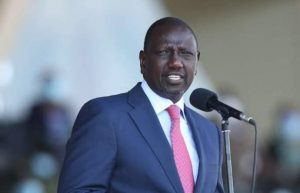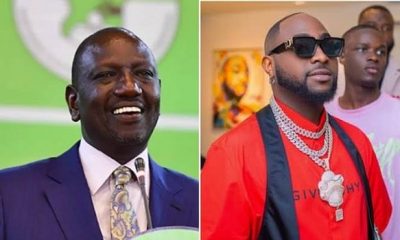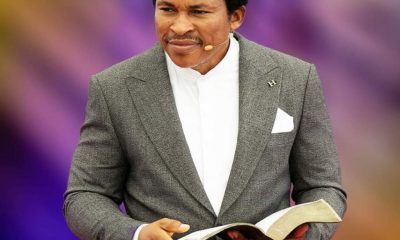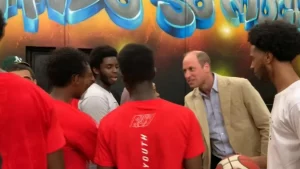Foreign
Kenya’s Deputy President William Ruto Wins Kenya Presidential Election
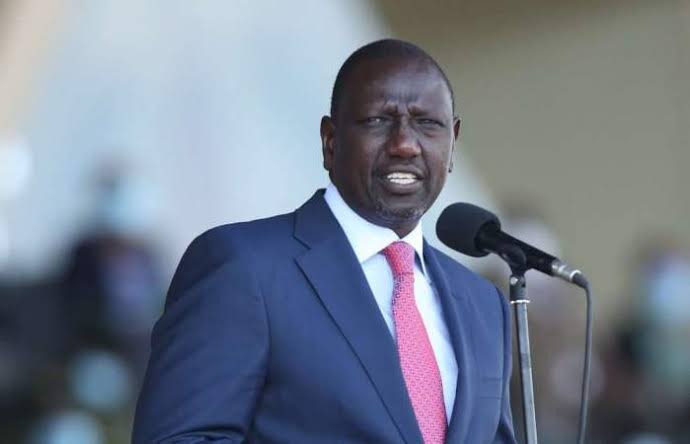
Kenya’s Deputy President William Ruto Wins Kenya Presidential Election
Kenya’s Deputy President William Ruto has been elected as the country’s next President, the electoral commission announced Monday.
Ruto won with 50.49% of the vote, narrowly defeating veteran opposition leader and former Prime Minister Raila Odinga, who was contesting his fifth election.
He will become Kenya’s fifth President since independence, winning the seat on his first attempt. Ruto’s party, the Kenya First coalition, has won a majority of seats in Kenya’s senate, the second highest in the National Assembly.
During a speech Monday, Ruto said: “It was God that brought us here … my team and I will make sure that the sacrifices made by many Kenyans is not in vain … we will not let them down. I am confident that this country will come together and we can move forward as one democratic nation.”
“I will run a transparent, open, democratic government and I will work with the opposition to the extent that they provide oversight over my administration,” he added.
Earlier Monday, his rival Odinga’s coalition rejected the election results before they had even been announced by Kenya’s Independent Electoral and Boundaries Commission (IEBC).
Odinga’s chief agent Saitabao Kanchory told the press outside the national election center in Nairobi that they had not yet been able to cross verify the final result with their own tally.
The national tallying center briefly descended into chaos shortly after Odinga’s coalition rejected the results, with fighting breaking out and chairs being thrown in the building.
The country’s electoral commission was split, as four officials disowned the commission’s chairman Wafula Chebukati’s results, officials said at an earlier press conference.
The IEBC’s vice chair Juliana Cherera was among those disputing the results but provided no evidence of irregularities.
Analysts had predicted a win for Odinga, given his performance in opinion polls and the support he enjoyed from outgoing President Uhuru Kenyatta.
But Ruto’s populist “man-of-the-people” approach, which rejected political dynasties and played on anti-elite sentiment in the country, endeared him to voters.
He was able to transcend Kenya’s traditionally dynastic politics to beat Odinga, the son of Kenya’s first vice president.
During the campaign, Ruto described himself as the “hustler-in-chief,” citing his humble beginnings as a chicken seller who fought his way up to the top of Kenyan politics.
Political analyst Herman Manyora said; “Ruto has excited the youths almost in a euphoric sense.”
Ruto, a former teacher who holds a doctorate in plant ecology from the University of Nairobi, has pledged to prioritize Kenya’s economy and “uplift ordinary citizens” as President.
He will come under pressure to provide solutions to Kenya’s pressing economic problems, including growing debt, high food and fuel prices, and mass youth unemployment.
Ruto has a long and varied history in Kenyan politics and was also tried alongside President Kenyatta in 2013 at the International Criminal Court in the Netherlands for alleged crimes against humanity following deadly violence in the 2007 elections. However, the charges were later thrown out.
Foreign
Israeli army vows to save hostages
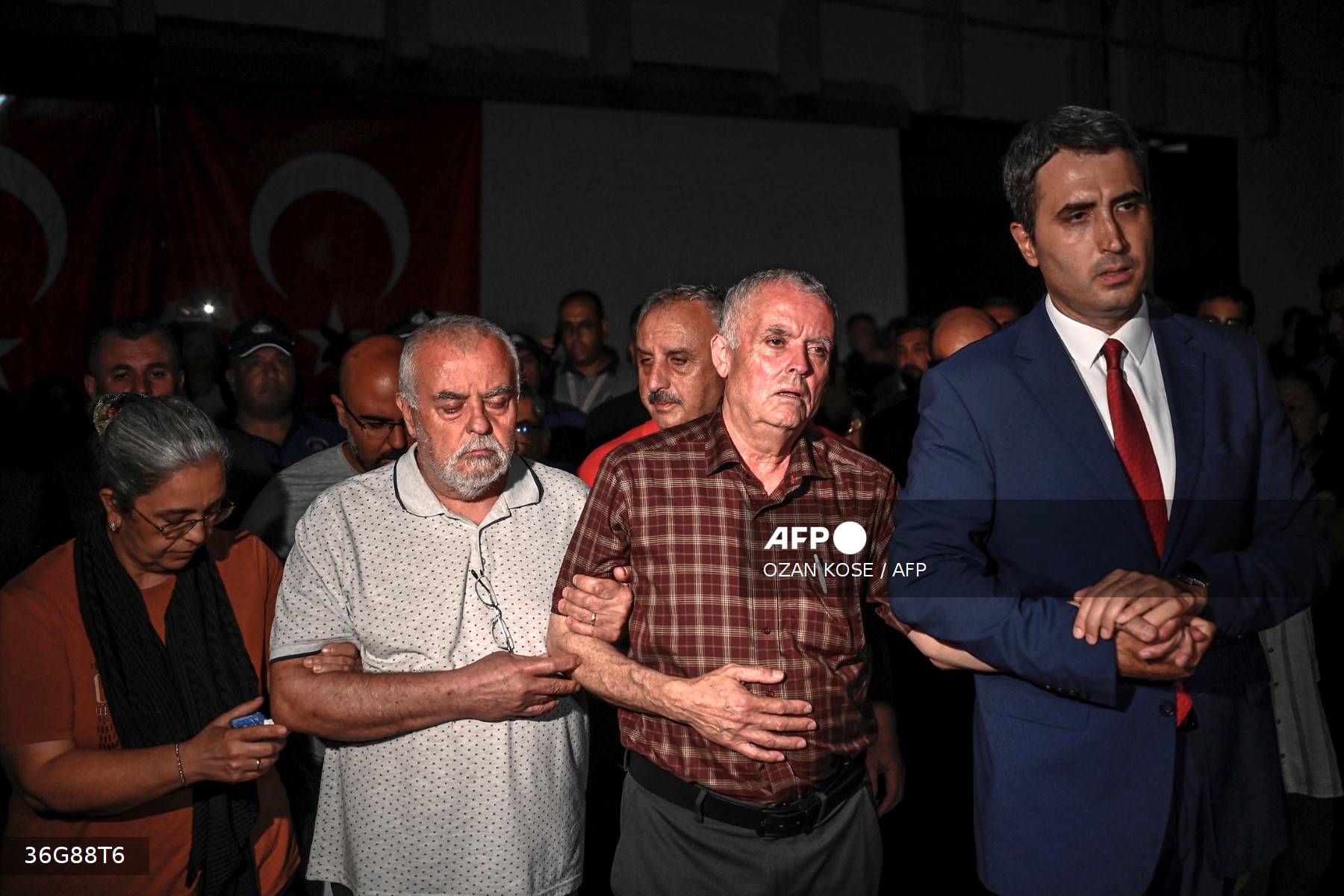
Israeli army vows to save hostages
The Israeli army will use all means to bring back hostages still held in Gaza, its spokesman told a group of foreign journalists on Friday in the war-scarred city of Rafah.
“We need to do everything, everything we can, in all means, to bring them back home,” military spokesman Daniel Hagari told the journalists embedded with the Israeli army.
“This is one of the goals of the war, and we will achieve it.”
Rear Admiral Hagari was speaking in front of a shaft in the Tel al-Sultan neighbourhood of Rafah that connects to a tunnel where Israel says Hamas shot dead six hostages late last month.
Their deaths spurred an outpouring of grief in Israel as well as anger at the government, which critics say is not doing enough to reach a deal that would end the war in Gaza and secure the remaining hostages’ release.
The war was triggered by Hamas’s unprecedented attack on Israel, which resulted in the deaths of 1,205 people, mostly civilians, according to an AFP tally based on Israeli official figures. The count includes hostages killed in captivity.
The militants also seized 251 hostages, 97 of whom are still in Gaza, including 33 the Israeli military says are dead.
Israel’s retaliation has killed at least 41,118 people in Gaza, according to the territory’s health ministry. The UN human rights office says most of the dead have been women or children.
Israel has denied independent access to Gaza for international media during the war, now in its 12th month.
Rafah, in the far south of Gaza, has been hit hard by the fighting, and AFPTV footage on Friday showed streets lined with the bombed-out shells of buildings, many partially collapsed with rubble spilling into the streets.
Hagari said the destruction was intended to wipe out the network of tunnels under the city.
“You have a maze of tunnels here, a maze of tunnels here in Rafah, underneath the houses. This is why the destruction,” he said.
“There is even not one point left without a tunnel here in Rafah.
“In order to defeat (Hamas) we need to take control of this underground system.”
The army also showed journalists the Philadelphi Corridor, a narrow strip of land that has emerged as a key sticking point in talks towards a possible ceasefire mediated by Egypt, Qatar and the United States.
Israeli Prime Minister Benjamin Netanyahu said last week that retaining control of the corridor was important to stop any arms smuggling into Gaza from Egypt.
Hamas is demanding a complete Israeli withdrawal from the territory.
Foreign
Hamas Frees Two Israeli Women From Gaza

Hamas Frees Two Israeli Women From Gaza
Hamas on Monday (23 October) said it had freed two Israeli women who were among the more than 200 hostages taken during its 7 October rampage in southern Israel while sources said the US had advised Israel to hold off on a ground assault in the Gaza Strip.
“We decided to release them for humanitarian and poor health grounds,” Abu Ubaida, spokesman for the armed wing of the Palestinian Hamas militant group, said on Telegram.
The Israeli prime minister’s office issued a statement confirming that the women, whom it named as Nurit Cooper, 79, and Yocheved Lifshitz, 85, were handed over to the Israeli military and would be taken to a medical facility.
The two were kidnapped from Kibbutz Nir Oz, near the Gaza border, along with their husbands, who were still held by Hamas, it added. Hamas freed them after releasing an American woman and her daughter on Friday.
All four were seized in the 7 October cross-border assault in which the Islamist Hamas killed 1,400 people.
In public, the United States has stressed Israel’s right to defend itself but two sources familiar with the matter said the White House, Pentagon and State Department have stepped up private appeals for caution in conversations with the Israelis.
A US priority is to gain time for negotiations to free other hostages, especially after Friday’s unexpected release of Americans Judith and Natalie Raanan on Friday, said the sources, who spoke before the hostage releases were announced on Monday.
Asked about the possibility of a ceasefire, US President Joe Biden said: “”We should have those hostages released and then we can talk.”
Israel pounded hundreds of targets in Gaza from the air on Monday as its soldiers fought Hamas militants during raids into the besieged Palestinian strip where deaths are soaring and civilians are trapped in harrowing conditions.
Gaza’s health ministry said 436 people had been killed in bombardments over the last 24 hours, most in the south of the narrow, densely populated territory, next to which Israeli troops and tanks have massed for a possible ground invasion.
The Israeli military said it had struck more than 320 targets in Gaza over 24 hours, including a tunnel housing Hamas fighters, dozens of command and lookout posts, and mortar and anti-tank missile launcher positions.
The Israeli bombardment was triggered by the 7 October assault, the bloodiest episode in a single day since the state of Israel was founded 75 years ago.
With Gaza’s 2.3 million people running short of basics, European leaders looked set to follow the United Nations and Arab nations in calling for a “humanitarian pause” in hostilities so aid could reach them.
Foreign
Prince Williams Ends Homelessness In The Uk
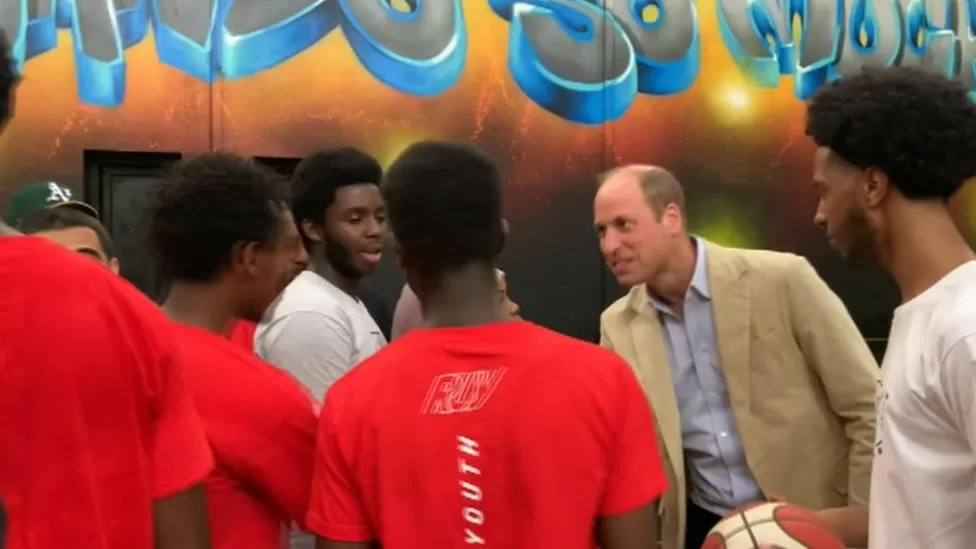
Prince Williams Ends Homelessness In The Uk
PRINCE WILLIAMS– The Prince of Wales has visited Sheffield as he launches a five-year campaign to end homelessness in the UK.
The city is one of six places to benefit from Prince William’s charitable fund.
The project means there will be a team in Sheffield and funding for the council and other agencies to support those who don’t have a stable home.
Prince William visited a youth project in the city as part of his tour.
Young people from Reach Up Youth met with the royal visitor to share their stories and discuss the work the organization is doing to support those struggling.
In Sheffield, the prince’s scheme, Homewards, will focus on families experiencing hidden homelessness, including those living in temporary accommodations such as hostels and shelters.
The city council said it would also address an issue where a disproportionate number of people of black and minority ethnic backgrounds were becoming homeless.
The authority added that teams, made up of a range of partners, would “further strength their links and the ability to direct people to services that they might need”.
The council said the programme will aim to reach families before they risk losing their homes and plans on exactly how it will work are being developed over the coming months
.
Kate Josephs, chief executive for Sheffield City Council, said: “We are really proud that Sheffield has been selected to be part of Homewards.
“No one should find themselves in crisis, without a roof over their heads and this is an incredible opportunity to prevent people and families from becoming homeless.
“This programme, created by Prince William, will enable us to focus efforts, with much-needed financial backing, on getting people the help and support they need before they lose their homes.”
-

 celebrity radar - gossips6 months ago
celebrity radar - gossips6 months agoWhy Babangida’s Hilltop Home Became Nigeria’s Political “Mecca”
-

 society6 months ago
society6 months agoPower is a Loan, Not a Possession: The Sacred Duty of Planting People
-

 society5 months ago
society5 months agoReligion: Africa’s Oldest Weapon of Enslavement and the Forgotten Truth
-

 news6 months ago
news6 months agoTHE APPOINTMENT OF WASIU AYINDE BY THE FEDERAL GOVERNMENT AS AN AMBASSADOR SOUNDS EMBARRASSING

